Pope condemns denial of Holocaust
Pope Benedict XVI has told American Jewish leaders that any denial of the Holocaust is "intolerable", especially if it comes from a clergyman.
Thursday, 12.02.2009.
14:36

Pope Benedict XVI has told American Jewish leaders that any denial of the Holocaust is "intolerable", especially if it comes from a clergyman. He was speaking at the Vatican at his first direct talks with Jewish leaders since he lifted the excommunication of a Holocaust-denying bishop. Pope condemns denial of Holocaust The Pope has said he was unaware that Bishop Richard Williamson had denied the full extent of the Holocaust. During the meeting, he confirmed he was planning to visit Israel. Vatican sources have said the trip is scheduled for May. The Pope told more than 50 delegates from the Conference of American Jewish Organisations that "any denial or minimisation of this terrible crime is intolerable", especially from a priest. "The hatred and contempt for men, women and children that was manifested in the Shoah (Holocaust) was a crime against humanity," he said. "This should be clear to everyone, especially to those standing in the tradition of the Holy Scriptures..." Extraordinary Catholic-Jewish relations have soured over the Pope's decision last month to lift the excommunication of Bishop Williamson. He has been under strong pressure to make a stand against anti-Semitism. Before the meeting, one of the Jewish leaders, Abraham Foxman, told the BBC: "I would hope that he would not only talk about the Holocaust, not only condemn Holocaust denial as anti-Semitism, but I think he would say Bishop Williamson has had enough time to publicly recant and disown and disavow his views; and since he hasn't, he's back to be[ing] excommunicated." But the Pope made no mention of the row during his address,, the BBC's David Willey reports from Rome. Bishop Williamson was among four ultraconservative bishops - all members of the traditionalist Society of St Pius X (SSPX) - whose excommunications were lifted, in a bid by the Pope to end a schism that began in 1988 when they were ordained without Vatican permission. But it was then revealed that Bishop Williamson, who was born in Britain, had given an interview to a Swedish television programme last November, in which he disputed that six million Jews had died at the hands of the Nazis, and claimed that none had died in gas chambers. 'I believe there were no gas chambers' - Richard Williamson in November 2008 He said: "I believe there were no gas chambers," and insisted that up to "300,000 Jews perished in Nazi concentration camps but none of them by gas chambers". Bishop Williamson has since apologised for the controversy he has caused, and has been removed from his post as the head of a Roman Catholic seminary in Argentina. But he has refused to recant his remarks, despite an order from the Vatican to do so - merely saying he will re-examine the evidence on the Holocaust. The Pope said previously he had not known about Bishop Williamson's views - a stance that Elena Curti, deputy editor of the Tablet Catholic newspaper, told the BBC was "extraordinary". They were "well known, it seems, to virtually everybody else", she said. In his address to the Jewish leaders, Pope Benedict admitted that the 2,000-year-old relationship between Judaism and the church had passed through some painful phases. But he repeated the prayer the late Pope John Paul made when he visited Jerusalem in 2000, pleading for forgiveness from Jews for Christians who had persecuted them throughout history. "This terrible chapter in our history [the Holocaust] must never be forgotten," he said.
Pope condemns denial of Holocaust
The Pope has said he was unaware that Bishop Richard Williamson had denied the full extent of the Holocaust.During the meeting, he confirmed he was planning to visit Israel.
Vatican sources have said the trip is scheduled for May.
The Pope told more than 50 delegates from the Conference of American Jewish Organisations that "any denial or minimisation of this terrible crime is intolerable", especially from a priest.
"The hatred and contempt for men, women and children that was manifested in the Shoah (Holocaust) was a crime against humanity," he said.
"This should be clear to everyone, especially to those standing in the tradition of the Holy Scriptures..."
Extraordinary
Catholic-Jewish relations have soured over the Pope's decision last month to lift the excommunication of Bishop Williamson.He has been under strong pressure to make a stand against anti-Semitism.
Before the meeting, one of the Jewish leaders, Abraham Foxman, told the BBC: "I would hope that he would not only talk about the Holocaust, not only condemn Holocaust denial as anti-Semitism, but I think he would say Bishop Williamson has had enough time to publicly recant and disown and disavow his views; and since he hasn't, he's back to be[ing] excommunicated."
But the Pope made no mention of the row during his address,, the BBC's David Willey reports from Rome.
Bishop Williamson was among four ultraconservative bishops - all members of the traditionalist Society of St Pius X (SSPX) - whose excommunications were lifted, in a bid by the Pope to end a schism that began in 1988 when they were ordained without Vatican permission.
But it was then revealed that Bishop Williamson, who was born in Britain, had given an interview to a Swedish television programme last November, in which he disputed that six million Jews had died at the hands of the Nazis, and claimed that none had died in gas chambers.
'I believe there were no gas chambers' - Richard Williamson in November 2008
He said: "I believe there were no gas chambers," and insisted that up to "300,000 Jews perished in Nazi concentration camps but none of them by gas chambers".
Bishop Williamson has since apologised for the controversy he has caused, and has been removed from his post as the head of a Roman Catholic seminary in Argentina.
But he has refused to recant his remarks, despite an order from the Vatican to do so - merely saying he will re-examine the evidence on the Holocaust.
The Pope said previously he had not known about Bishop Williamson's views - a stance that Elena Curti, deputy editor of the Tablet Catholic newspaper, told the BBC was "extraordinary".
They were "well known, it seems, to virtually everybody else", she said.
In his address to the Jewish leaders, Pope Benedict admitted that the 2,000-year-old relationship between Judaism and the church had passed through some painful phases.
But he repeated the prayer the late Pope John Paul made when he visited Jerusalem in 2000, pleading for forgiveness from Jews for Christians who had persecuted them throughout history.
"This terrible chapter in our history [the Holocaust] must never be forgotten," he said.










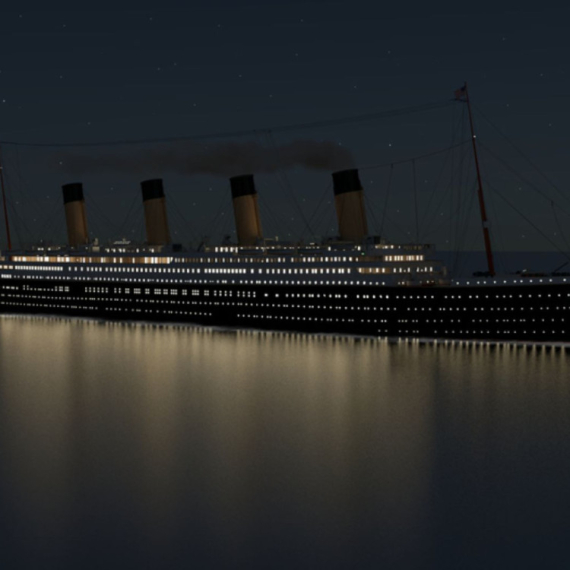

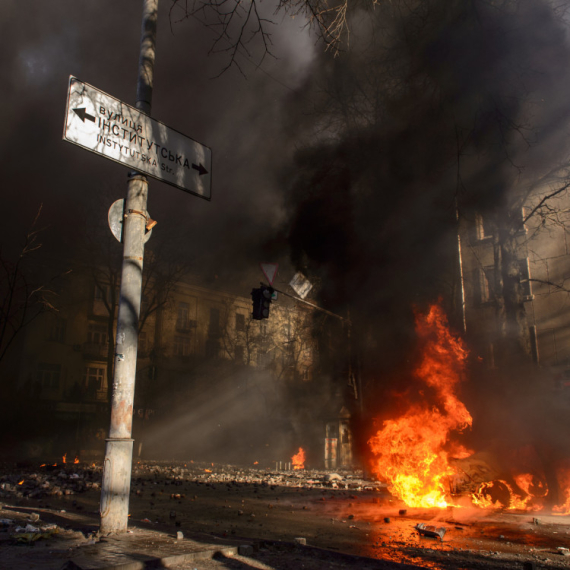
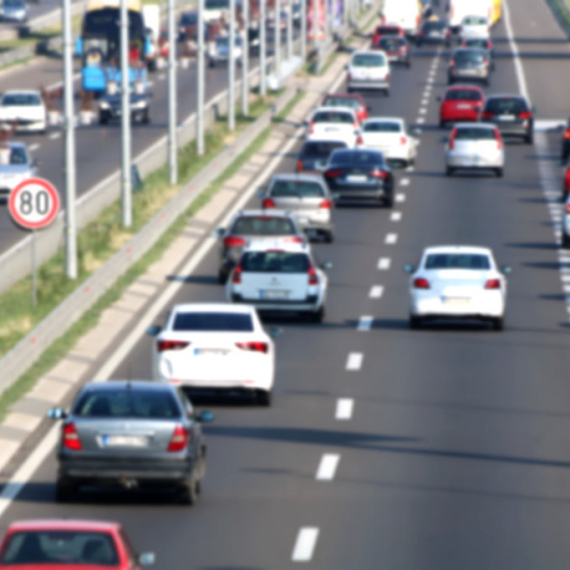
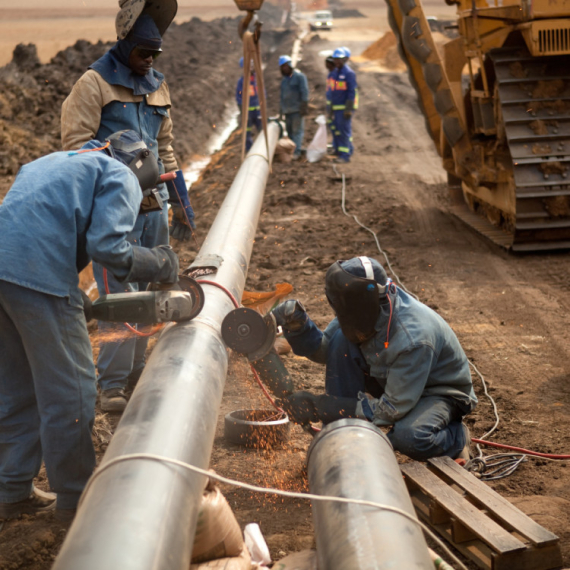
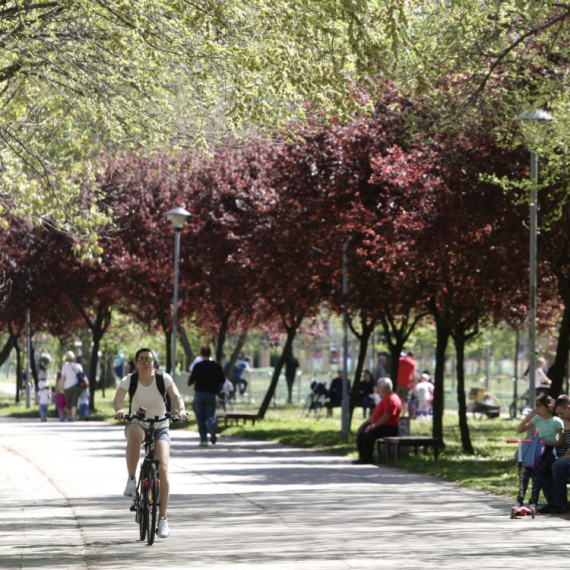
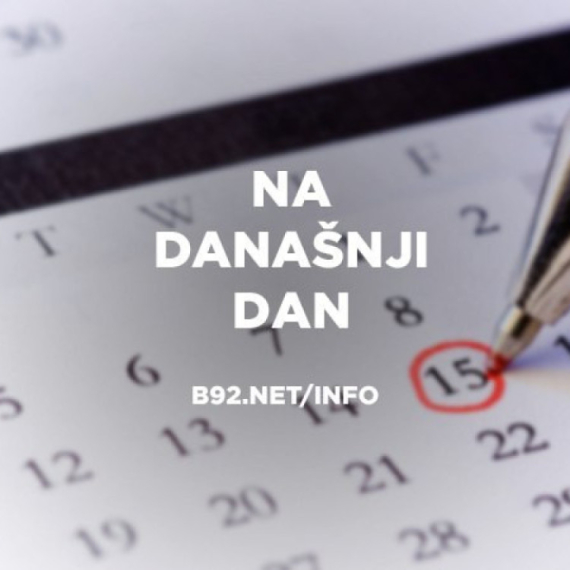
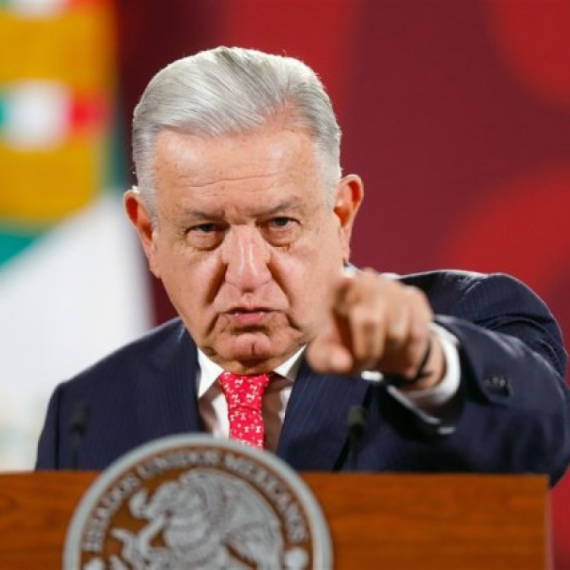
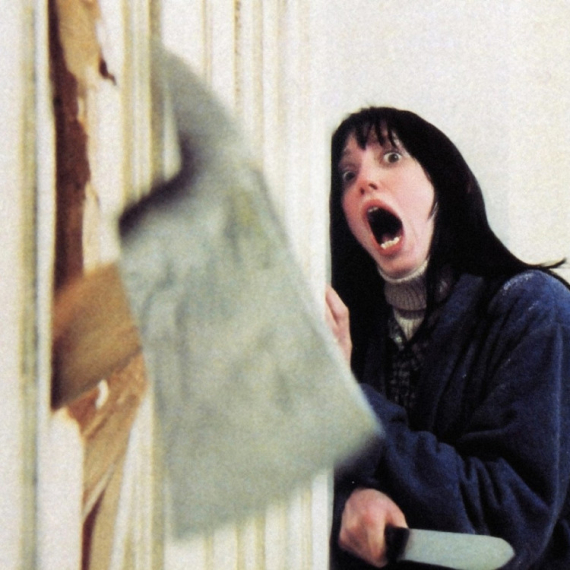
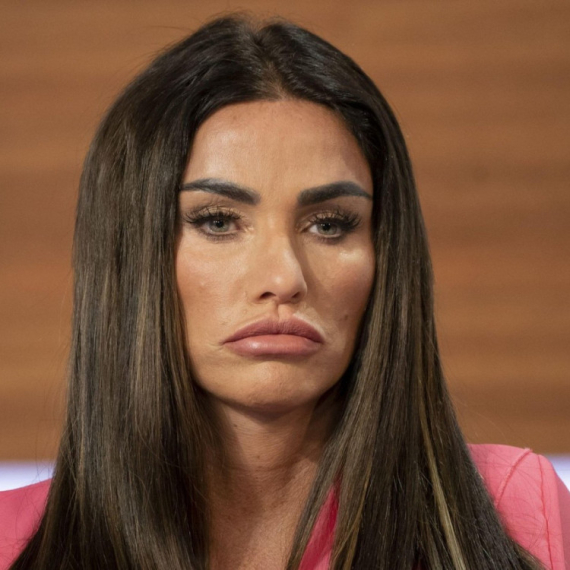
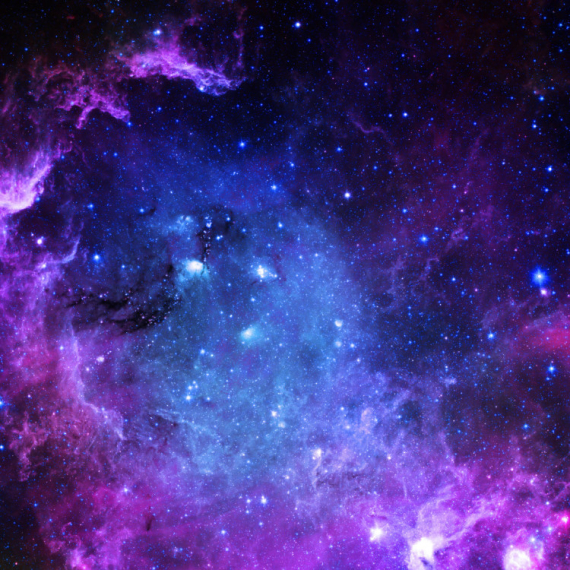
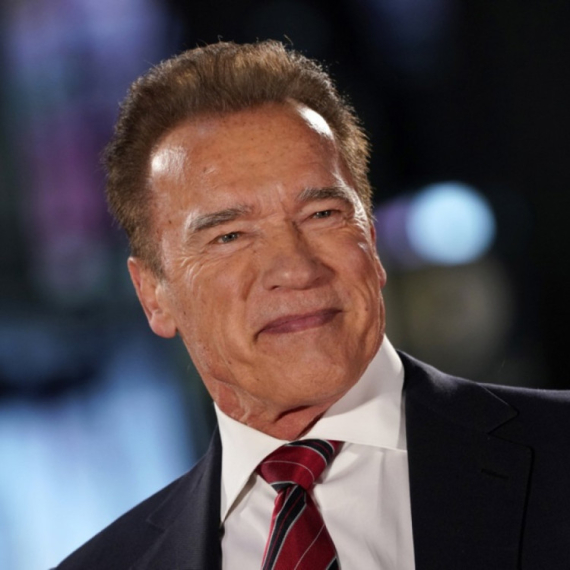

























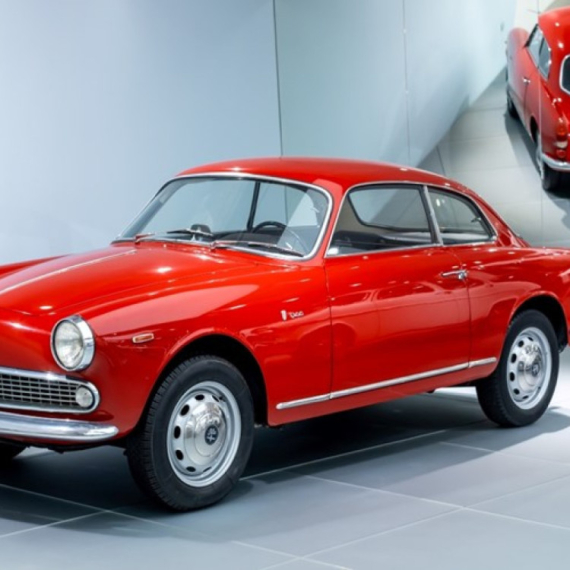










Komentari 0